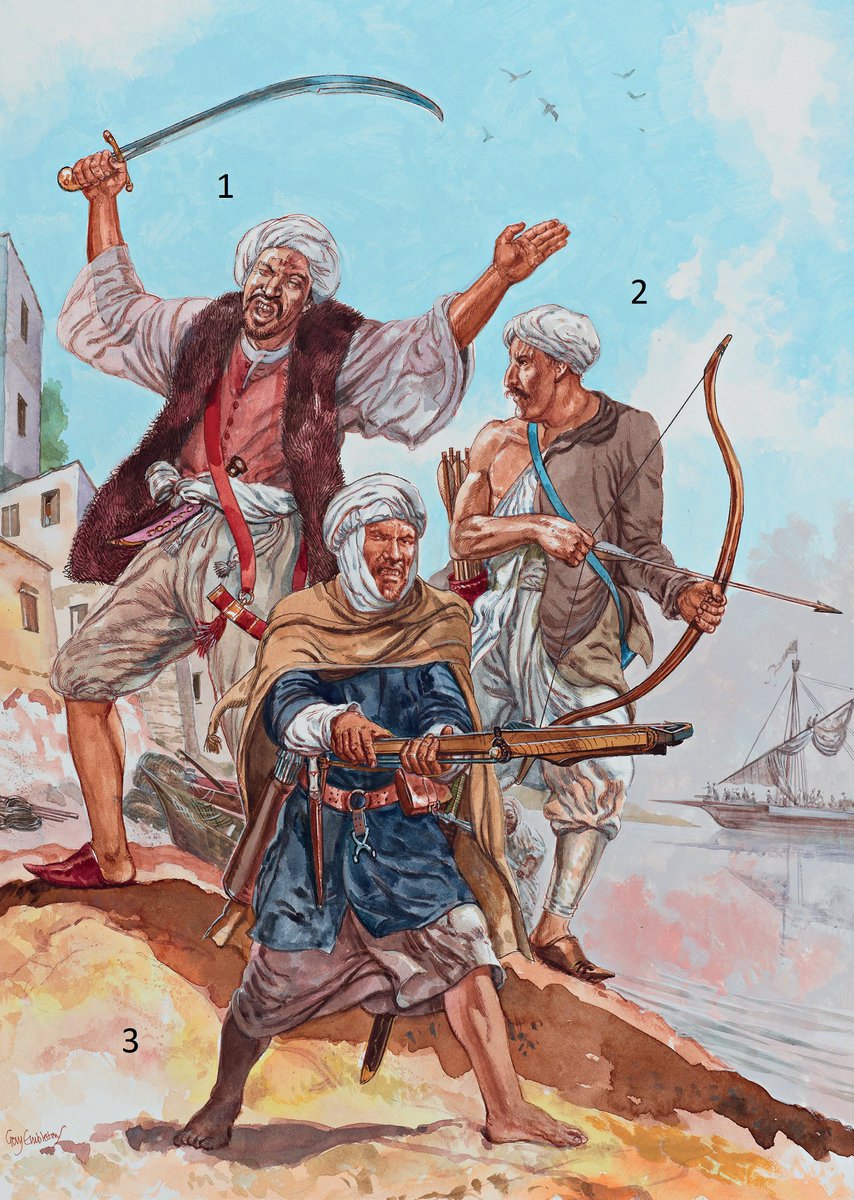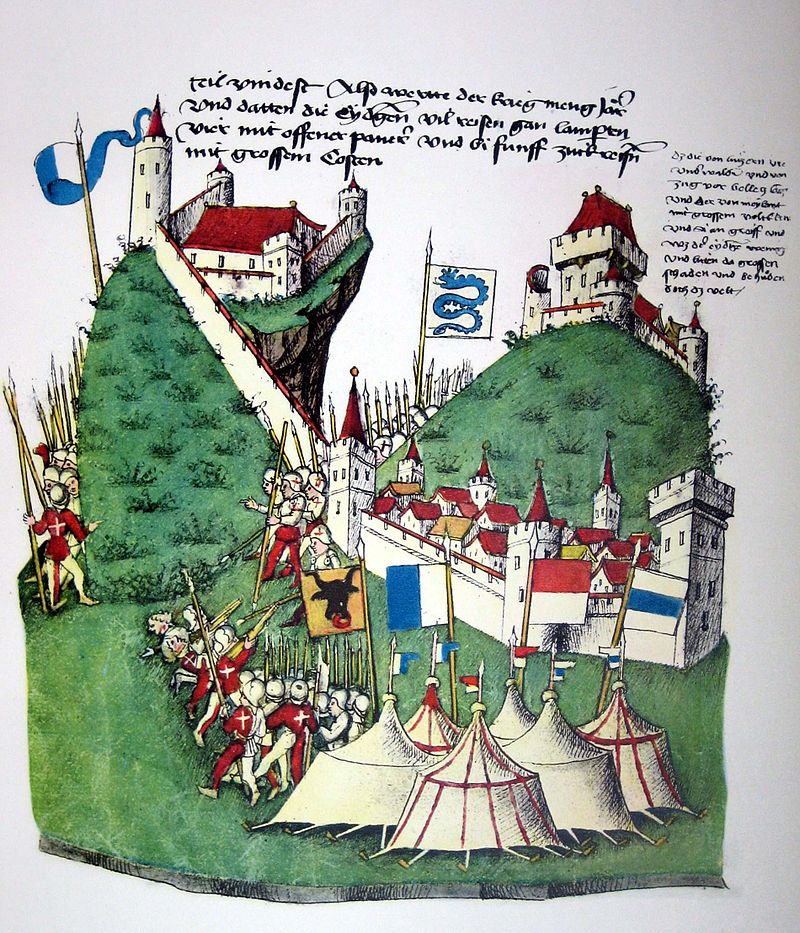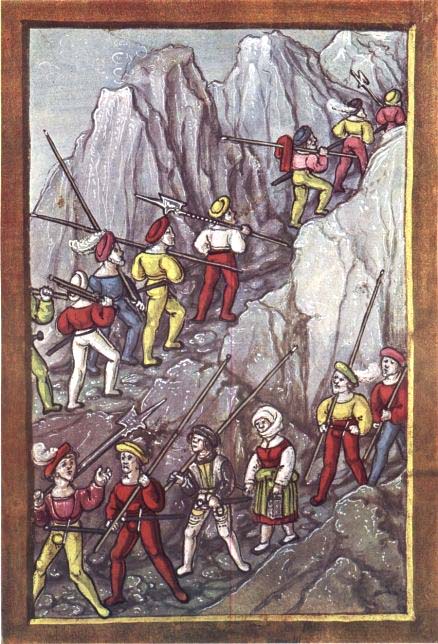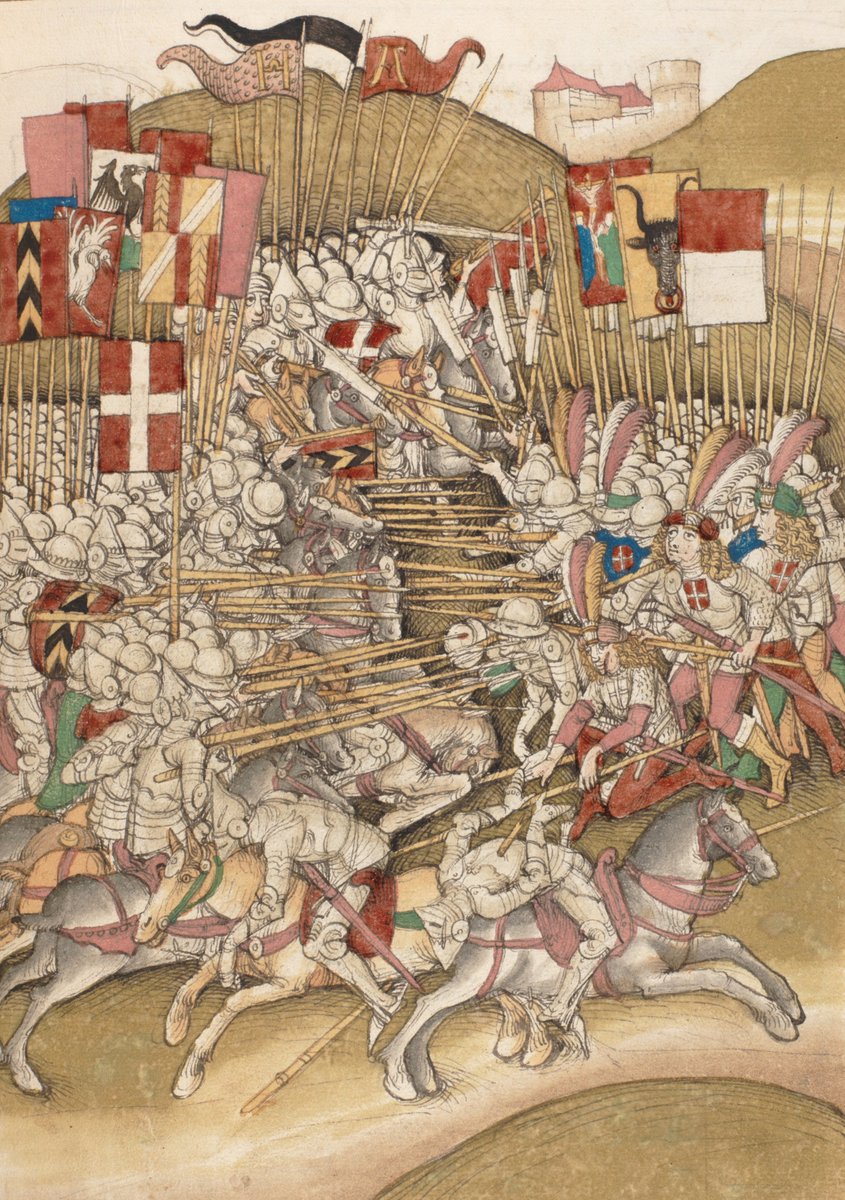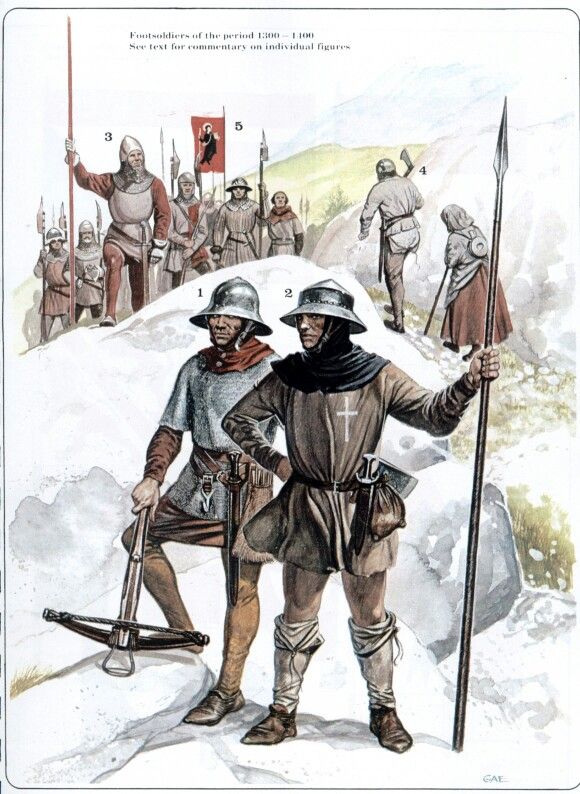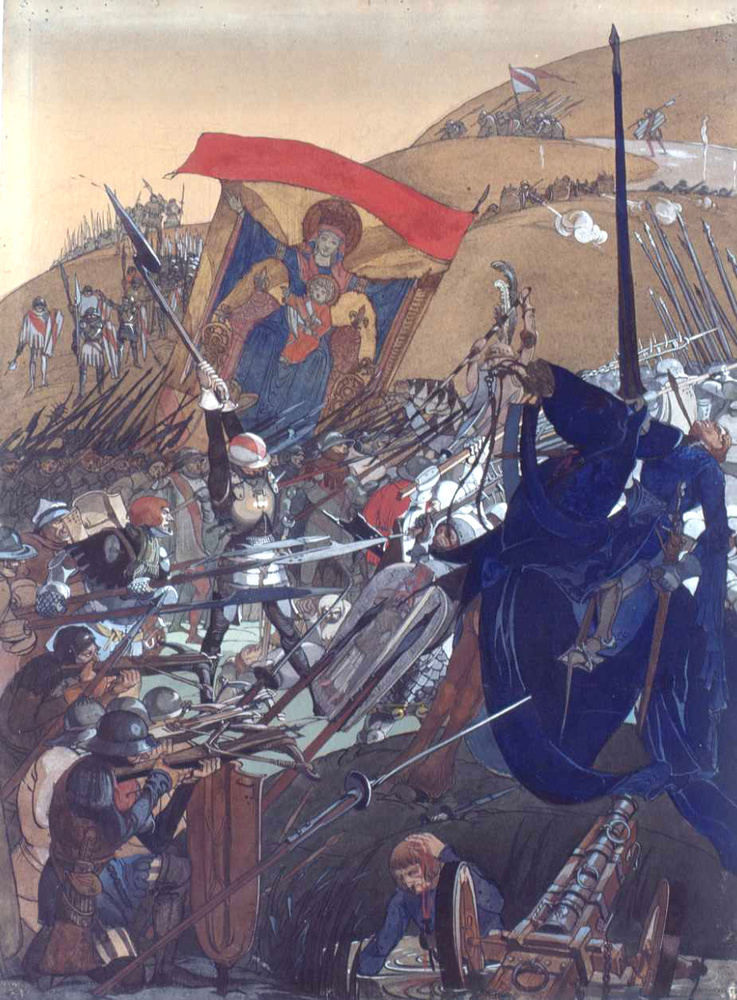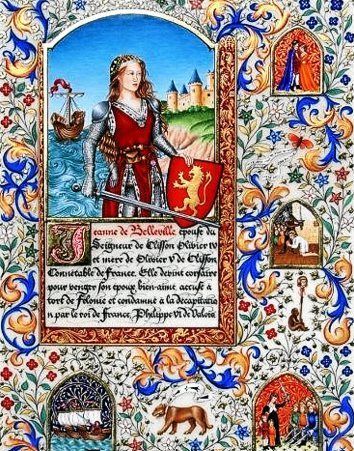
This thread will be the first in my attempt to compile a "soundtrack" to the middle ages. I'll start with posting -in my opinion- 10 most iconic and representative Christian hymns/Gregorian chants from the middle ages. If you think I missed any crucial ones add them in comments!
1) Media vita in morte sumus
In the midst of life we are in death. This ancient chant supposedly originated as a battle chant written by a monk of the Abbey of St. Gallen in 912. It was a very powerful way of reminding Christian warriors of eternal life.
In the midst of life we are in death. This ancient chant supposedly originated as a battle chant written by a monk of the Abbey of St. Gallen in 912. It was a very powerful way of reminding Christian warriors of eternal life.
2) Laudes Regiae
This powerful chant was used during coronation of Holy Roman Emperors, first used when Carolus Magnus was crowned in 800, invoking the names of the saints in full splendor and magnificence.
This powerful chant was used during coronation of Holy Roman Emperors, first used when Carolus Magnus was crowned in 800, invoking the names of the saints in full splendor and magnificence.
3) Salve Regina
Doesn't need much introduction, one of the most iconic Catholic chants. Attributed to the 11th century monk Hermann of Reichenau, set down in its current form at the Abbey of Cluny in the 12th century.
Doesn't need much introduction, one of the most iconic Catholic chants. Attributed to the 11th century monk Hermann of Reichenau, set down in its current form at the Abbey of Cluny in the 12th century.
4) Crux fidelis
Ancient 6th century Christian hymn.
"Faithful cross, above all other,
One and only noble tree:
None in foliage, none in blossom,
None in fruit thy peer may be.
Sweetest wood and sweetest iron,
Sweetest weight is hung on thee!"
Ancient 6th century Christian hymn.
"Faithful cross, above all other,
One and only noble tree:
None in foliage, none in blossom,
None in fruit thy peer may be.
Sweetest wood and sweetest iron,
Sweetest weight is hung on thee!"
5) Te Deum laudamus
This old 4th century Christian hymn was sung many times after battles during the finest triumphs of Christian armies during entire middle ages and beyond. One of the most iconic chants European Christendom.
This old 4th century Christian hymn was sung many times after battles during the finest triumphs of Christian armies during entire middle ages and beyond. One of the most iconic chants European Christendom.
6) Vexilla Regis
Another famous old hymn from early middle ages. First sung in 569 in procession when a relic of the True Cross was sent by Byzantine Emperor to Frankish queen St. Radegunda, and was carried from Tours to Saint-Croix at Poitiers.
Another famous old hymn from early middle ages. First sung in 569 in procession when a relic of the True Cross was sent by Byzantine Emperor to Frankish queen St. Radegunda, and was carried from Tours to Saint-Croix at Poitiers.
7) Gemma Caelestis
Found in the works of Doctor of the Church Benedictine monk St. Peter Damian (1007-1072), this chant is based on the events of Benedict's life as recorded by Saint Gregory the Great in his Dialogues. It praises the monastic life!
Found in the works of Doctor of the Church Benedictine monk St. Peter Damian (1007-1072), this chant is based on the events of Benedict's life as recorded by Saint Gregory the Great in his Dialogues. It praises the monastic life!
8) Stabat Mater dolorosa
Beautiful 13th-century Christian hymn to Mary, attributed Franciscan friar Jacopone da Todi.
Beautiful 13th-century Christian hymn to Mary, attributed Franciscan friar Jacopone da Todi.
9) Adoro te devote
Written by Thomas Aquinas in 1264 as an Eucharistic hymn. A really touching and inspiring piece.
Written by Thomas Aquinas in 1264 as an Eucharistic hymn. A really touching and inspiring piece.
10) Dies irae
Another famous medieval chant that inspired so many classical musicians of the later eras. Most commonly attributed to 13th century Italian friar Thomas of Celano, but it is possible that it is much older.
Another famous medieval chant that inspired so many classical musicians of the later eras. Most commonly attributed to 13th century Italian friar Thomas of Celano, but it is possible that it is much older.
• • •
Missing some Tweet in this thread? You can try to
force a refresh




